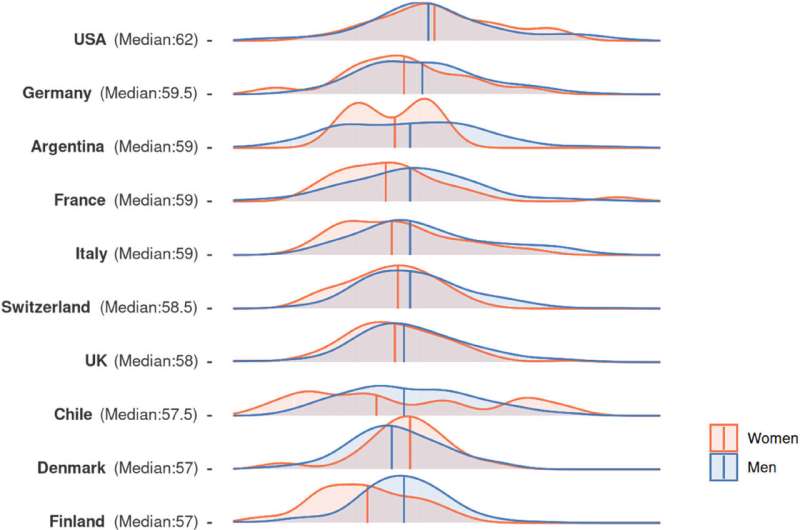Have you ever wondered who truly pulls the strings in the global economy? A recent study paints a fascinating picture of the world’s economic elite, revealing surprising insights that vary from country to country. By weaving together individual data from 16 nations, researchers have created a unique tapestry that shines a light on the powerful figures influencing our financial landscape.

In exploring who constitutes this elite group, researchers defined it as those at the helm of major corporations, the wealthiest individuals, and key decision-makers shaping economic policies. This new resource, dubbed the World Elite Database (WED), encompasses the names of over 3,500 influential figures across 16 nations, representing a staggering 54% of the world’s GDP.
“Economic elites wield immense influence over various aspects of our lives—from work conditions to the broader economy,” explained Håkan Johansson, a professor at Lund University and a leading voice in this study. He emphasized that this groundbreaking database will be invaluable for many future researchers eager to delve deeper into these crucial insights.
Ten Key Takeaways
- The individuals within this elite circle share notable characteristics, but fascinating differences emerge across countries.
- A significant majority of these economic leaders are men.
- The United States houses the oldest segment, with a median age of 62, while China’s elite tend to be younger, averaging 55 years, with many below 40 among the ultra-wealthy.
- Interestingly, nearly half of China’s elite were born in rural areas, showcasing a different pathway to wealth compared to others.
- Only 1% of China’s economic leaders were born outside the country; this contrasts sharply with countries like the UK, where a remarkable 45% hail from abroad.
- In the UK, nearly 20% of the elite emerge from former colonies, reflecting the historical connections that still influence society today.
- When it comes to education, only 5% of Sweden’s economic elite hold a doctorate, while Germany leads with 35% achieving this level of education.
- Generally, a master’s degree is the most common qualification among the elite, except in Argentina, Italy, and the UK, where many only hold a bachelor’s degree—often inherited wealth has the least educational achievement.
- If you’re eyeing a place in this elite club, pursuing studies in economics is a wise choice, as it ranks highest in every country except in China and Finland, where engineering degrees attract more elite members.
- Humanities and law degrees are most appreciated in the UK, Poland, and Switzerland, with over 20% of their top economic figures having studied these subjects, unlike Sweden, Denmark, and Norway, where that figure drops below 10%.
More information:
Felix Bühlmann et al, Varieties of Economic Elites? Preliminary Results From the World Elite Database (WED), The British Journal of Sociology (2025). DOI: 10.1111/1468-4446.13203
If you would like to see similar science posts like this, click here & share this article with your friends!





